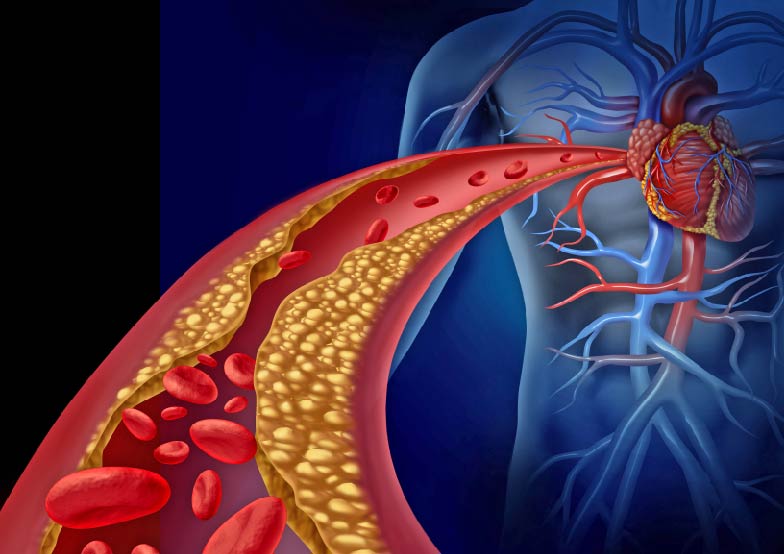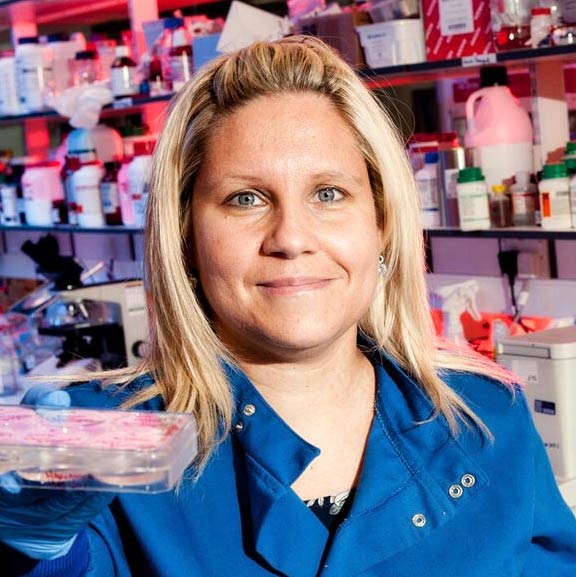Dr. Andriana Margariti obtained her Master’s degree in biomedical science (haematology) at Kingston University in the United Kingdom and her Ph.D. in the Department of Cardiology at King’s College, London. She remained there for postdoctoral training in the cardiovascular division of the British Heart Foundation Center of Excellence, developing the research that has brought her international recognition since then. Its focus is on direct reprogramming, where one fully differentiated cell type changes directly into another, a process that can lead to the development of new cell therapies for major diseases. She has received several awards, including the Papanikolaou Prize from the Hellenic Medical Society for significant contribution to medical research and the prize for outstanding performance by King’s College.
Dr. Margariti has developed significant expertise in stem cell biology, with particular emphasis on cell reprogramming, chromatin remodelling, cell signalling and endothelial cell biology. In 2013 she was appointed as a Lecturer in the Center of Experimental Medicine (CEM) in Queen’s University Belfast (QUB), and promoted to Senior Lecturer in 2017.

